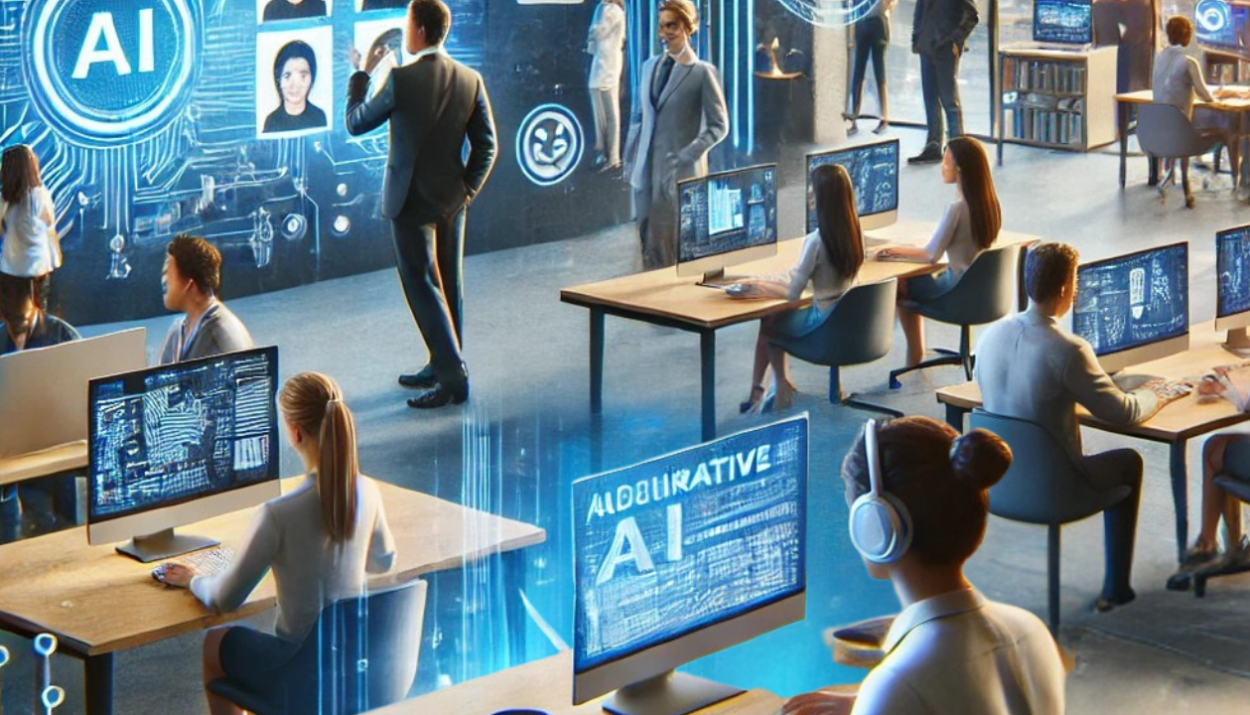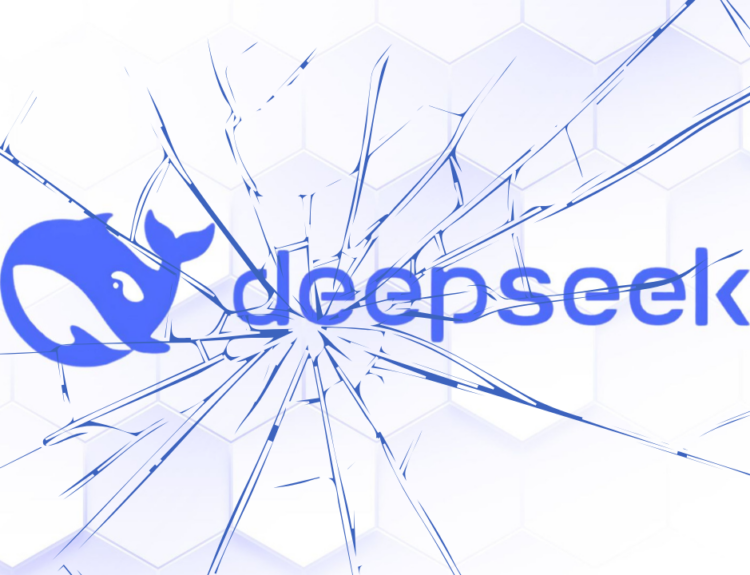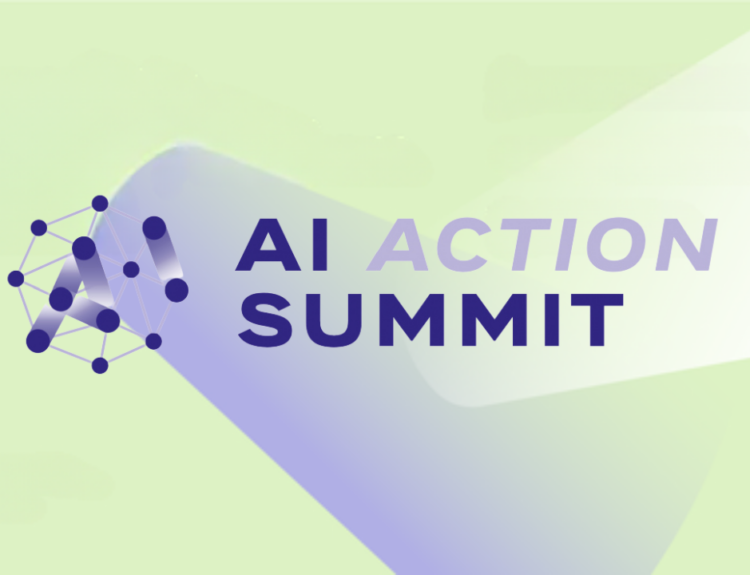Terra Nova, the progressive think tank has just published a study on the effects – positive and negative – of the introduction of generative AI in the world of work, training and education. An irruption that includes real opportunities, according to Terra Nova.
Contrary to many comments from social policy experts, the centre-left think tank Terra Nova, which has looked at the benefit/risk balance of Artificial Intelligence, ultimately adopts a measured, even optimistic, position on the impact of generative AI in the world of work.
Rather than "giving in to speculative alarmism", to use the terms of the study published on February 3, Terra Nova highlights the opportunities offered by this technology for improve access to employment, reduce discrimination, enrich professional tasks and support career transitions.
However, the think tank insists on the need for supervision collective and a adaptation of educational and training systems to maximize profits while controlling risks.
Concrete and inclusive uses throughout professional life
In its 31-page summary document, Terra Nova gets down to the nitty-gritty of how generative AI can and sometimes has already begun to positively transform every step of the career path:
- Recruitment and access to employment : AI Gen makes it easier to write resumes and cover letters with tools like ChatGPT, thereby reducing barriers linked to illiteracy or lack of mastery of digital toolsIt also helps to identify and promote skills from atypical backgrounds, thereby promoting diversity in recruitment processes.
- Professional progression : By automating repetitive or technical tasks, AI frees up time for higher value-added activities. It also supports professional transitions in making technical skills accessible previously reserved for experts.
- Inclusion audiences far from employment: AI offers significant potential for integrate often marginalized populations, such as people with disabilities or refugees, by simplifying their access to the labor market.
Risks that can be controlled through a collective approach
Despite these benefits, Terra Nova warns of certain risks associated with the adoption of Gen AI. These include:
- Algorithmic biases: Without vigilance, these tools can reproduce or amplify existing discrimination. Terra Nova recommends a strict regulation and the creation of ethics committees in companies to prevent these excesses.
- The “shadow GPT” phenomenon: Many employees already use these technologies without a defined framework, which exposes organizations to security risks and data quality.
To meet these challenges, Terra Nova calls for strengthened social dialogue between employers, employees and public authorities. Collective bargaining, the think tank believes, will not be able to avoid regulating the use of these tools while anticipating changes in professions.
A lever for training and skills development
Alongside this overview, Terra Nova is interested in the importance of adapting educational and professional training systems to the realities of generative AI. Integrating this technology into school curricula and strengthening continuing education are essential for supporting assets in this technological transition. Companies must be encouraged to investing in skills development of their employees in order to fully exploit the potential offered by Gen AI.
4 Key Recommendations for Beneficial and Accepted AI :
In the end, Terra Nova makes several recommendations to maximize the benefits of generative AI while controlling its risks. Here are the main recommendations put forward:
- Promoting social dialogue within companies : Terra Nova emphasizes the need to integrate generative AI as a central topic of discussion between employers, employees and social partners. This will help to supervise its deployment, anticipate changes in professions and prevent potential abuses.
- Investing in vocational training : Companies must be encouraged to train their employees in new AI-related tools. Terra Nova proposes to make certain tax breaks or public aid conditional on these training efforts, in order to strengthen the skills of employees and ensure a successful technological transition.
- Adapting educational systems : AI should be integrated into school curricula to familiarize students with this technology and develop their digital skills. This is keeping in mind thatAI Gen will impose a new hierarchy of academic skills which must be taken into account.
- Continuing training must also be strengthened to support professional transitions and enable workers to adapt to the changes brought about by AI.
- Encourage forward planning of jobs and skills (GPEC) : Companies must identify jobs threatened by automation and anticipate the need for new skills. This includes implementing tools to detect employees who are likely to become ambassadors for the uses of AI within organizations.
In conclusion, the think tank, which resolutely turns its back on pessimism, explains: "The AI Gen will be what we collectively make of it. Its destiny is not in the hands of the Tech engineers who develop the tools. Inventors are often the worst prophets of the uses that will soon be made of their discoveries. Thomas Edison thought that the phonograph would make it possible to record the speech of the dying! And Alexander Graham Bell is credited with the idea that the electric telephone would make it possible to play music at a distance... The designers of the AI Gen are no more prophets of the uses that will be made of it. It is up to us to shape this revolution so that it is fair and useful.".






